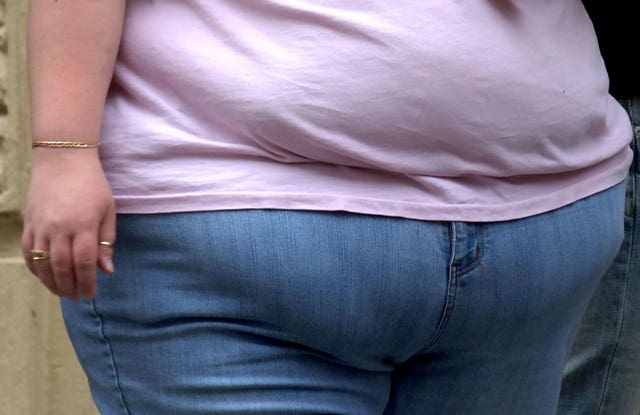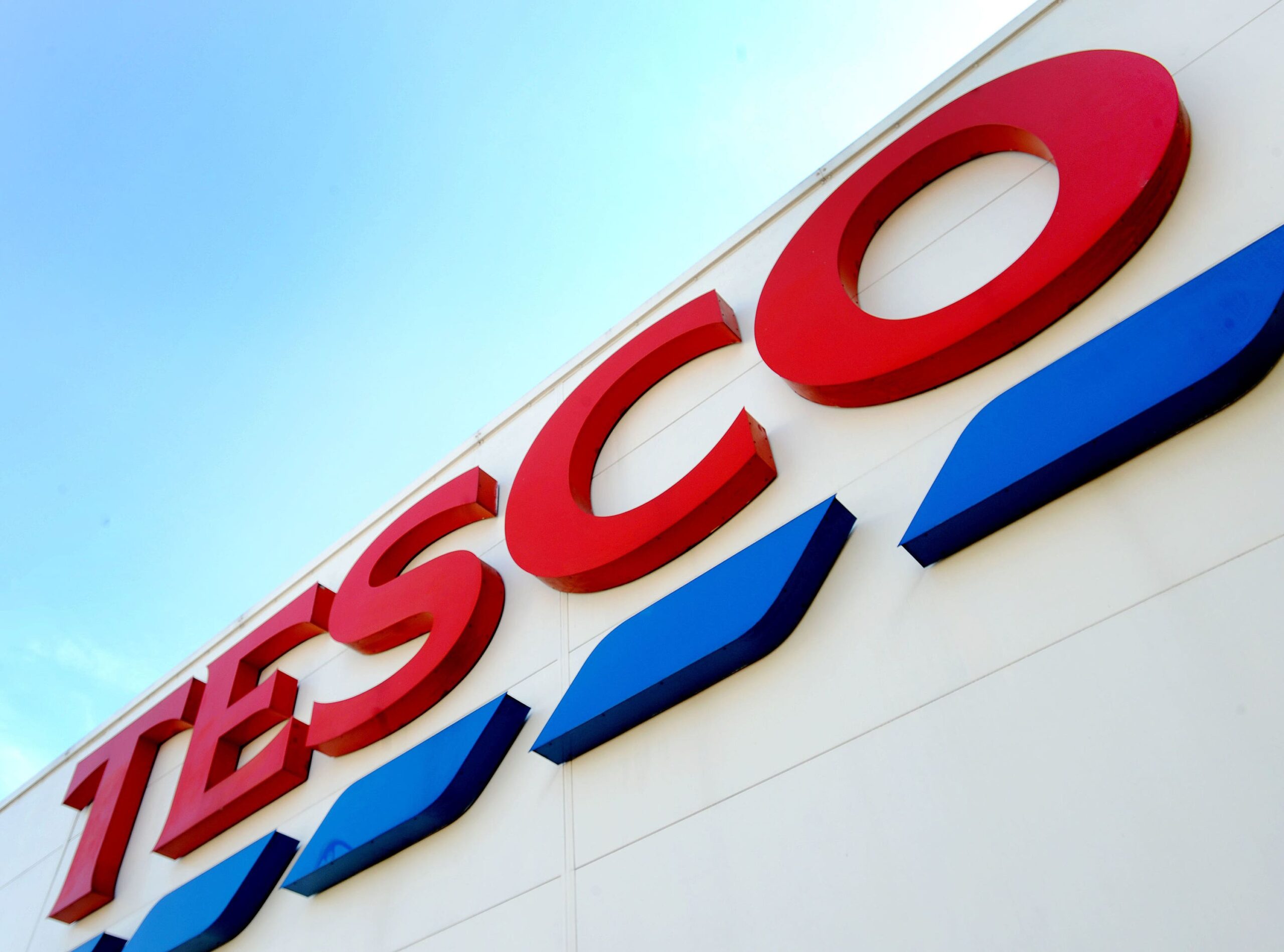Tesco has bowed further to investor pressure and pledged to boost sales of healthy food and drink across its entire retail group amid calls to help tackle the UK’s obesity crisis.
A consortium of investors, led by responsible investment group ShareAction, cheered a “landmark victory” after Tesco widened the scope of its healthy food promise to cover not just its UK and Ireland operations, but also its Central European business and wholesale supplier Booker Group.
The seven investors, representing around £140 billion in assets, had filed what was thought to be the first nutrition-based shareholder resolution in February calling on the retailer to cut its reliance on junk food for sales growth.
Tesco responded in March by committing to a “major new programme of reformulation” to improve the health profile of its products by 2025.
It set goals to increase sales of healthy products as a proportion of total sales to 65%, up from the current level of 58%.
The investor group had since kept up the pressure on Tesco to expand its commitments, keeping its resolution on the table for the retailer’s summer annual general meeting.
But they have now withdrawn the resolution thanks to the latest commitments from the supermarket giant and said they will engage with Tesco over the next two years as the retailer puts them in place.
ShareAction said it was a “landmark victory for shareholder activism on health issues”.
Louisa Hodge, engagement manager at ShareAction, added: “By filing a shareholder resolution, our investor coalition sent a strong message to Tesco and to other supermarkets that shifting sales toward healthier options is important.
“Tesco’s new ambition to support healthier diets through its UK and Central European stores, as well as through the Booker Group, is very welcome.”
If passed, the resolution would have forced Tesco to disclose what proportion of its overall food and soft drink sales are made up of healthy products.
It would also have required the chain to develop a strategy to significantly increase the ratio of healthy to junk food sales by 2030, and publish a review of its progress each year from 2022.

The issue of setting out a healthy food strategy was raised at Tesco’s 2020 AGM, ShareAction said, but the retailer refused to commit to making changes.
It said the resolution was a “marked escalation” in pressure from shareholders due to growing concern about the long-term impact actions big retailers are having on public health.
Tesco’s latest move will see the healthy food pledge cover an extra £10 billion in sales, on top of the £42 billion in March.
Tesco also plans to change its ready meals so at least two-thirds of them contain at least one of the recommended five pieces of vegetables or fruit that people should eat each day.
And it also wants to up the sales of plant-based meat alternatives by 300% as it aims to ensure more meal options for consumers.
Before the pandemic, around 90,000 people died from diet-related diseases in the UK every year, according to a 2019 study.
Obesity has now emerged as one of the biggest risk factors for acute cases of Covid-19, with severely obese people three times more likely to be admitted to intensive care with the virus.
Sarah Bradbury, group quality director at Tesco, said: “These new commitments will ensure that every customer – wherever and however they shop with us – will have even greater access to affordable, healthy and sustainable food.”
Tesco will report its progress towards the 2025 goals annually, with the first Little Helps Plan update due in May.

















